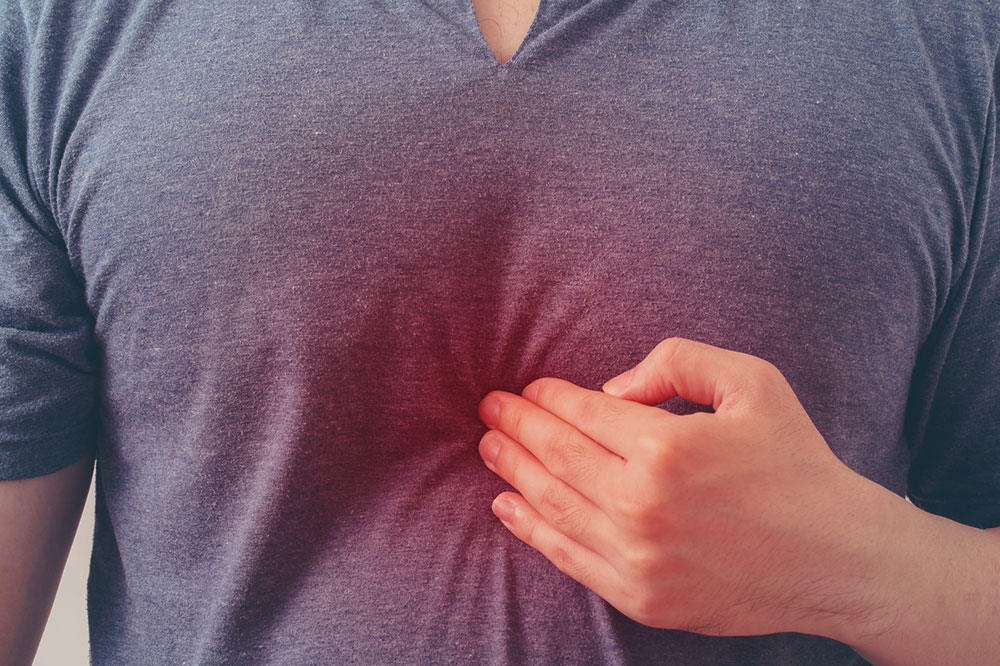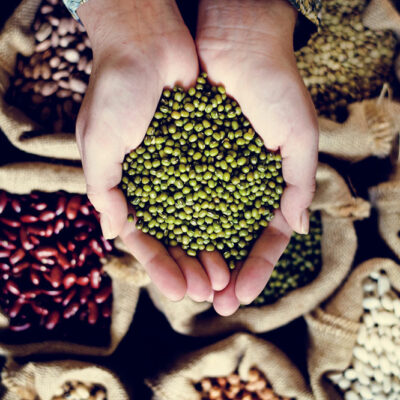
Effective Lifestyle Tips For Managing GERD
GERD is also known as gastroesophageal reflux disease. A muscle called the lower esophageal sphincter at the junction of the esophagus and the stomach plays a vital role in locking the food and the acid and other stomach contents and prevents backflow to the esophagus. When this muscle weakens or malfunctions, it leads to acid reflux, i.e. a backflow of stomach acid into the esophagus. When this is chronic, it eventually results in GERD.
Symptoms of GERD
Common symptoms of GERD include heartburn, constant burping, regurgitation, and bloating. While the condition mostly requires medication, it can be managed up to a huge extent by following certain lifestyle changes. Here are some of them given below.
Lifestyle tips for managing GERD
Though GERD is treated with antacids and other medications, the recovery process is expedited via lifestyle modifications. These are:
1. Dietary habits
Diet is a very important factor for GERD. Some foods trigger the symptoms and should be strictly avoided, but these differ from person to person. Anything quite acidic should be avoided, but the intake of lots of fruits and vegetables helps to a large extent. Foods to avoid in the diet are citruses, excess caffeine, mint, and spicy, fried, and oily items.
2. Meal proportions
This is a very important factor to control GERD. When one has a large meal in one sitting, it is difficult to break down the food in the stomach where acid is produced to facilitate further digestion. This leads to excess acid production, and it is difficult for both the LES and the stomach to handle, resulting in the reflux of acid to the throat. This causes heartburn, the most common symptom of GERD. Thus, it is always necessary to have a check on the meal size.
3. Sleeping patterns
Another lifestyle tip for managing GERD is that after every meal, it is mandatory to allow time for digestion. If you go to bed immediately after eating or lie down soon after a meal, it does not allow the stomach to push the acid and the food into the small and large intestine for complete digestion. Hence, this results in the backflow of acid from the stomach to the esophagus, which can easily corrode the food pipe and lead to severe conditions.
4. Hydration
Warm water is the best thing one can have after a meal, and this holds good for GERD too. Warm water or a warm drink after meals aids in breaking down the fats and promotes faster digestion.
5. Yogurt consumption
Yogurt is quite a natural stomach-soothing agent since it contains probiotics. Lactobacillus present in yogurt is gut-friendly bacteria and maintains the balance in the stomach preventing GERD symptoms. Several spoons of yogurt after every meal serve as a natural antacid and is quite a lifestyle tip for managing GERD.
6. Inclusion of herbs in the diet
There are a lot of herbs that have digestive medicinal values and serve as a lifestyle tip for managing GERD. Some of them are basil, thyme, and cilantro. Boiling their leaves in water and drinking them before or after a meal improves digestion and relaxes and soothes the muscles of the stomach.


